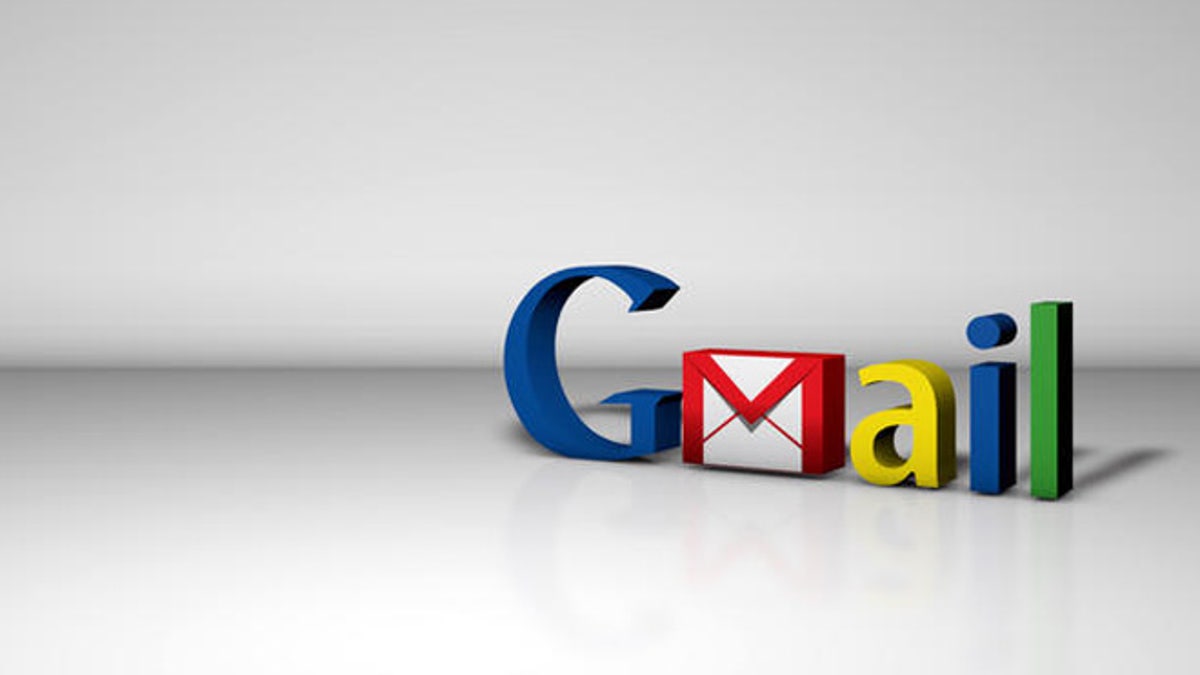
(AP GraphicsBank)
Smart filtering and identification techniques are squeezing out the threat of spam and phishing emails, according to figures released by a couple of Google security researchers. In an official Google blog post, Elie Bursztein and Vijay Eranti describe how 91.4 percent of genuine emails now use some form of authentication standard to verify their credentials.
Since 2004, Google and other groups have been pushing for the widespread adoption of email authentication standards to make it harder for scammers to spoof addresses. If you use Gmail, you might have seen this in the form of a golden key icon next to messages from the likes of eBay and PayPal.
Almost ten years later and it seems these efforts are paying off. Data collected in Gmail throughout 2013 indicates that 76.9 percent of messages are verified with the DKIM (DomainKey Identified Email) standard and 89.1 percent with the SPF (Sender Policy Framework) standard. Only 8.6 percent of messages offer no authentication measures, making it easier for Gmail to sort the wheat from the chaff.
The blog post also goes into detail about how email providers and domain managers can set up these types of protection on their own systems. Taking these steps makes it more difficult for spam messages to pretend to be from your domain.
“While the fight against spammers is far from over, it’s nevertheless encouraging to see that community efforts are paying off,” says the blog post. “Gmail has been an early adopter of these standards and we remain a strong advocate of email authentication. We hope that publishing these results will inspire more domain owners to adopt the standards that protect them from impersonation and help keep email inboxes safe and clean.”
“Nearly a decade later, adoption of these standards is widespread across the industry, dramatically reducing spammers’ ability to impersonate domains that users trust, and making email phishing less effective.”
Of course, an effective spam fighting system is only part of the battle when it comes to keeping your system safe — check out the best free antivirus software round-up we posted a couple of days ago.




















